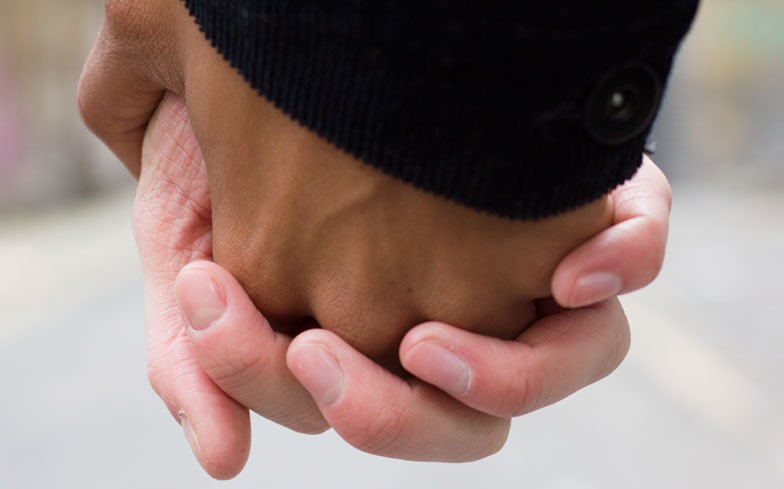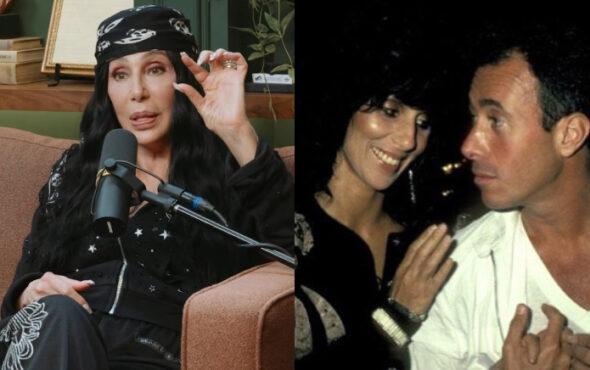
As Valentine’s Day approaches, people talk more about love and relationships.
Some really enjoy the occasion, others hate it. Some don’t want to be in monogamous relationships, some do. Some don’t like commitment, others love it. Some feel that love is not for them, and some keep searching for it.
We are bombarded with perfect images of love and good relationships on television and on social media – it can be confusing to really make sense of what love really is. Most of us don’t feel represented by the ideal love in the media because it usually involves a heterosexual couple in a monogamous relationship appearing to be in bliss. The media represents a good relationship as finding ‘the one’ and then living happily ever after.
Some of us don’t always recognise love when it comes to us because we may have some pre-conceived ideas of what love looks like. I hear my clients say: ‘A good relationship should start with love at first sight,’ whilst others say: ‘I need to get to know someone before I fall in love’. The truth is, love can take many shapes and forms and can come your way when you least expect it. There isn’t one perfect way to fall in love with someone. Finding the right partner depends on several aspects. You are more likely to find love if you meet someone you are physically attracted to, share important values, understand each other sexually, and are in proximity to each other.
When people start a relationship with someone they love, they often make the mistake to think that everything should be easy from then on. That is not the case. Those butterflies you feel in your stomach at the beginning of a relationship will go at some point, usually within the first year. For some people, it can be distressing. I often hear: ‘I don’t feel the same way about my partner now that we’re committed’. Feeling differently as the relationship develops is normal and it doesn’t mean that you are falling out of love. It means that you are entering a new phase of your relationship with a different kind of love: the one that needs to be maintained by regular small gestures.

Gay Times
The high peak erotic is replaced with finding the time for sex in your busy life. The butterflies in your stomach get replaced with a sense of contentment when you’re around your loved one. The high intensity passion gets replaced with the everyday gentle flow of care and kindness. And, of course, the ‘He’s perfect for me’ gets replaced with ‘He’s annoying sometimes’. All of it is still love.
Some loving people can sometimes do unloving things to each other like shouting at each other, intimidation, shaming, insults. If these are one-off occurrences, it is best to learn from those destructive behaviours and ensure you honour your love for your boyfriend by not behaving like that again. If those behaviours become a regular occurrence, it can kill love.
For a lot of people, love doesn’t die because of toxic behaviours. It dies because it has been left unattended. Love is a living entity and it needs feeding on a regular basis. Some people think they fall out of love as soon as there is a problem and throw in the towel too quickly. Others leave the relationship once the butterflies leave their stomach in search for new butterflies. But love can be long-lasting if you keep working at it to maintain it.

Picture: Silva Neves
To help you guide through the maintenance, here are a few tips:
1. Never assume what your boyfriend thinks or feels. Always be curious about him and how he is doing.
2. Hug and smile at each other daily. Make it part of your routine to hug, kiss and smile at your partner when you leave the house in the morning and when you return home in the evening. It provides a tender, loving and caring frame for the relationship.
3. Make small, reasonable requests and meet your partner’s requests: the small gestures of making a cup of tea, for example.
4. Surprise. An occasional small gift for no reason can bring some lightness to the daily grind.
5. Spend quality time with each other, talking, laughing, playing and staying away from phones, laptops and tablets for that moment.
6. Develop a positive language. Make sure you express to your boyfriend when you feel warm, loving or sexy towards him – don’t keep it to yourself! And praise him for the things he does well.
7. Learn to like the things about your partner that you can’t change. There will always be some things he does that will irritate you. Bring empathy to your life and learn to like those things. Would you rather put up with those things or lose your loved one? If you’re in the right relationship, putting up with the small irritations are worth the trouble to keep your gorgeous partner.
If you and your partner can navigate the daily grind of life and continue to feed love, you are both more likely to have an enduring and satisfying relationship. There is no happy ever after as in fairy tales. But it is a matter of creating the space for love to thrive every day.
Whether you are happily single, looking for love, in a relationship or in several relationships, I wish you all a happy Valentine’s Day.
Silva Neves is a psychotherapist, psychosexual relationship psychotherapist and clinical traumatologist. You can visit his official website here, and follow him on Twitter here.



